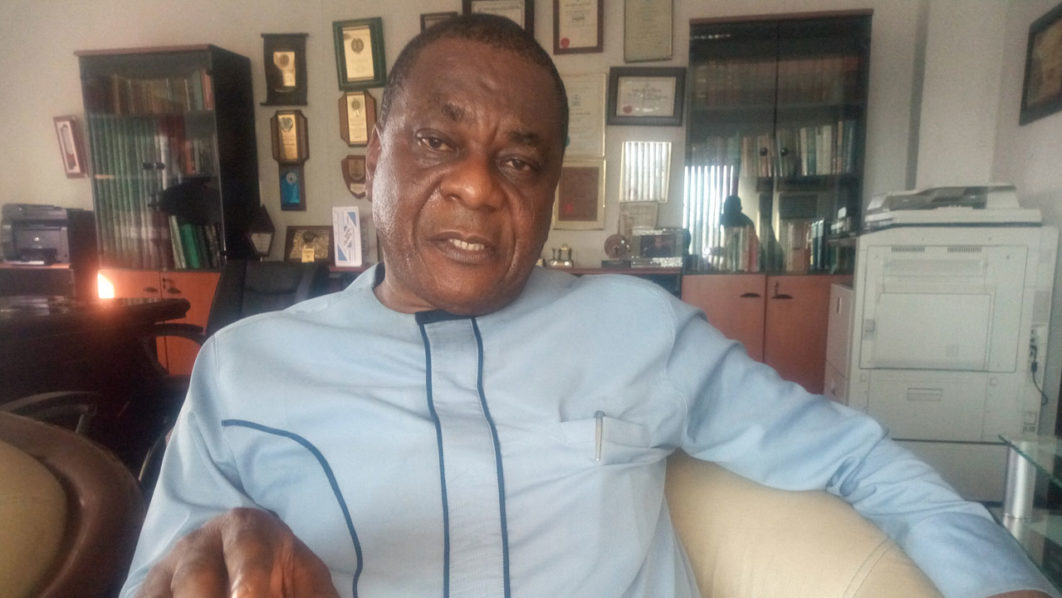
The National Council of Managing Directors of Licensed Customs Agents (NCMDLCA) has called on President Bola Tinubu to urgently address the impact of the floating of the foreign exchange (FX) market on the determination of prices of imported goods as the duty rate peaks at N1,601.86/$1.
In a letter sent to Tinubu, the President of NCMDLCA, Lucky Amiwero, highlighted the dire economic consequences of the current forex policy on the populace and market.
Amiwero, who has served on numerous federal committees including the Presidential Task Force on the Reform of Nigeria Customs Service and the Presidential/Central Bank Committee on Destination Inspection, detailed the cascading effect of the floating forex rate on the cost of importation. He noted that the volatility of the exchange rate used in computing import duty has exacerbated the soaring prices of goods, transportation and made basic goods unaffordable for many Nigerians.
The letter emphasised the critical issue stemming from the dual process involved in purchasing forex from the liberalised market and subsequently calculating import duty payments based on this fluctuating rate.
Amiwero argued that the inconsistency has led to unpredictable and excessively high costs, hindering the stability of the domestic trading environment and deterring importers from further shipments.
Amiwero underscored the broader economic impact, highlighting how the current forex policy adversely affects the manufacturing sector, small and medium enterprises (SMEs), the informal sector of the economy and the traditional market where the majority of items are either not available or people are limited with purchasing power to buy them.
“We are much concern about the uncertainties built around the clearance of goods, on the application of exchange rate from the liberalised floating Forex market, creating an abnormal increase in the final sales of the price of goods, which is largely driven by inconsistent, unpredictability that adversely affects the Nigerian traditional market and its citizen, as stated in your circular TED/FEM/PUB/PC/1001/007 OF February 23, 2024,” he wrote.
He called for the adoption of a special, stabilised exchange rate specifically for the payment of import duties to mitigate these challenges and rejuvenate economic activity.
“To bring back the economic life of the nation, there is the need to adopt a manageable stabilised exchange rate for the payment of import duty, to trigger the economy on the trading front and generality of Nigerians,” Amiwero stated.
The Comptroller-General of the Nigeria Customs Service (NCS), Bashir Adeniyi, confirmed that the service faced several challenges in the first half of 2024, including significant fluctuations in the exchange rate and a lower volume of transactions. He said these challenges impacted the consistency of revenue collection and overall operational efficiency.






